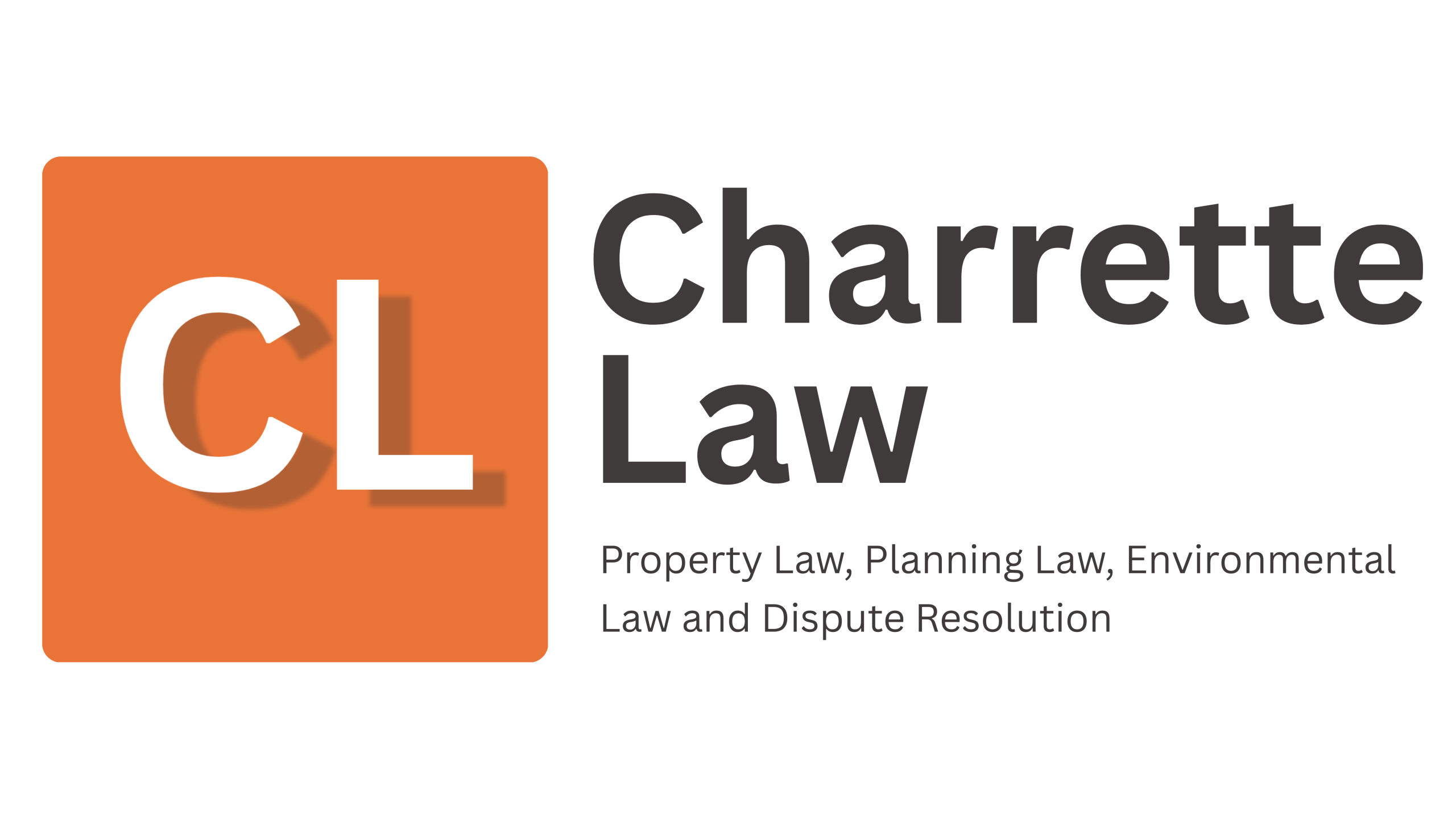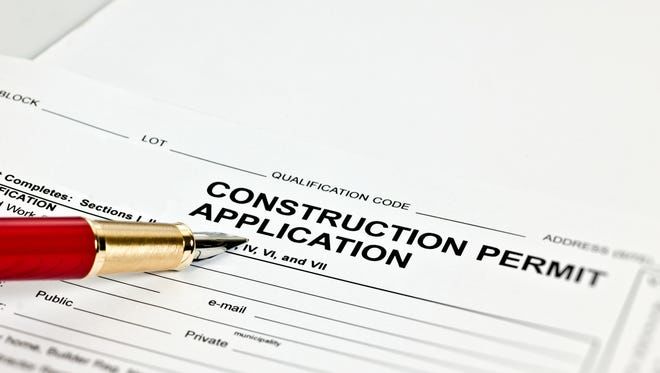In the world of construction, permits and licensing play a critical role in ensuring that projects adhere to legal standards. Understanding these processes is key for anyone involved in building, whether you’re planning a small residential project or a large commercial development.
Understanding Permits
- Purpose of Permits: Building permits ensure that construction complies with local zoning laws, building codes, and safety regulations. They protect the community and the environment.
- Types of Permits: Common types include building permits, electrical permits, plumbing permits, and mechanical permits. The need for specific permits depends on the nature of the work.
- Application Process: Start by contacting your local government or building department. Provide detailed plans and specifications of your project. Checklists are often available to assist with the necessary documentation.
- Review and Approval: Once submitted, plans are reviewed by local authorities. This may involve several departments, such as planning, health, and environmental safety.
- Inspections: After approval, inspections are typically required at different construction stages to ensure compliance with the approved plans and codes.
Licensing Requirements
- Contractor Licensing: Contractors often need to be licensed to operate legally. Licensing requirements vary by region and can include proof of experience, passing exams, and financial stability checks.
- Architect Licensing: Architects must meet education and experience requirements, often demonstrated through exams like the Architect Registration Examination (ARE) in the U.S.
- Renewals and Continuing Education: Both contractors and architects may need to renew licenses periodically and complete continuing education to keep up with industry standards and legal changes.
Key Considerations
- Regional Variations: Permit and licensing requirements can vary significantly depending on location. It is crucial to understand the specific rules in your area.
- Time and Cost: Obtaining permits and licenses can be time-consuming and costly. Budget for these in your project planning.
- Working Without Permits: Proceeding without the necessary permits can lead to fines, legal issues, or the requirement to halt construction and make significant changes.
Navigating the permit and licensing landscape ensures that your construction project is on a solid legal footing. It not only aids compliance with laws but also builds trust with clients and stakeholders by demonstrating professionalism and a commitment to quality and safety.
Your Next Step
Contact us today for an in-depth consultation! Our team of experts is dedicated to demystifying the planning process and guiding you through each step, ensuring your extension project is both successful and stress-free.

